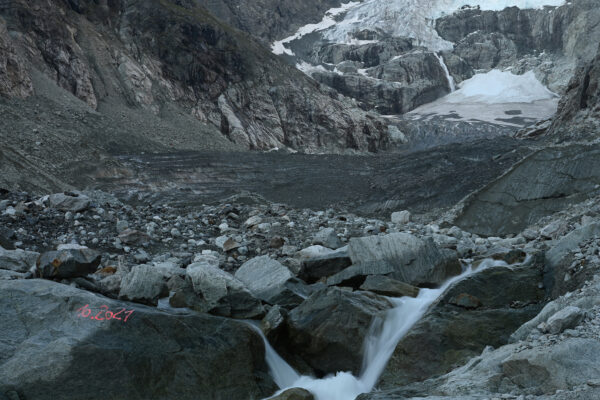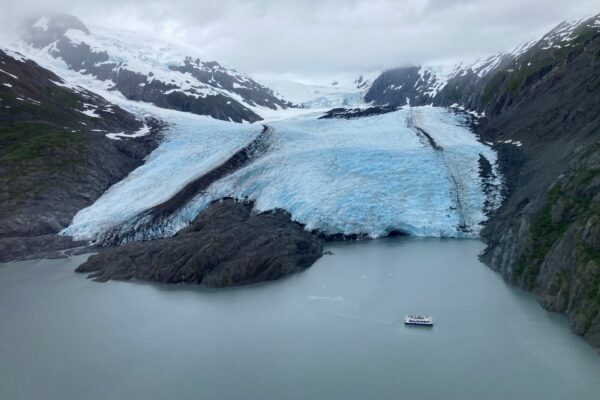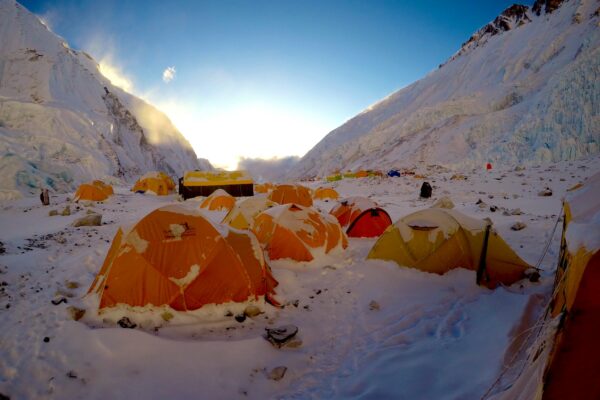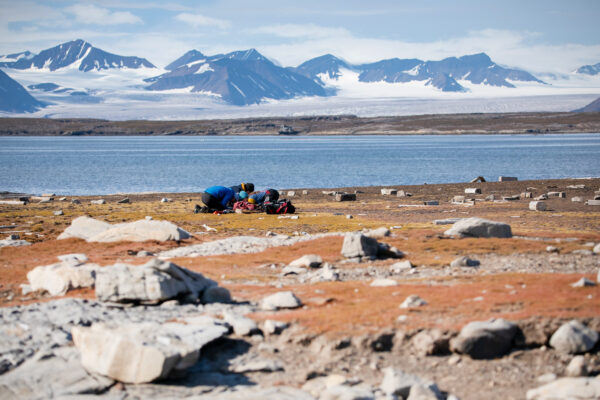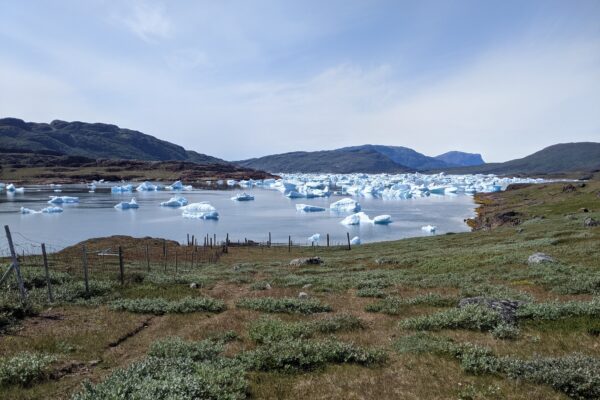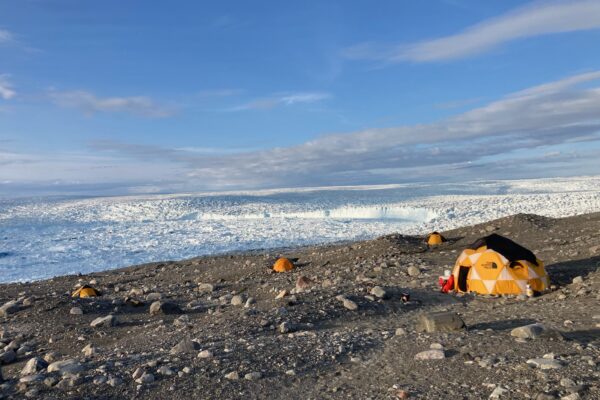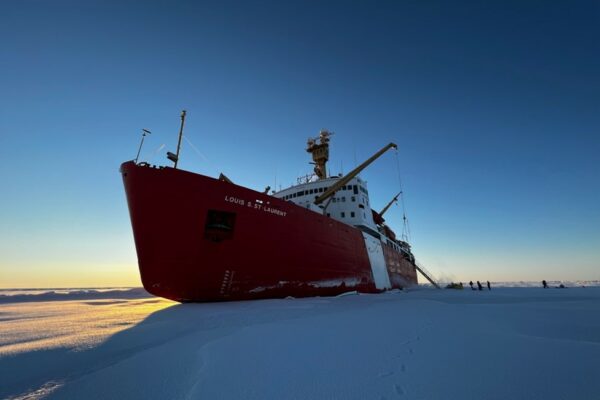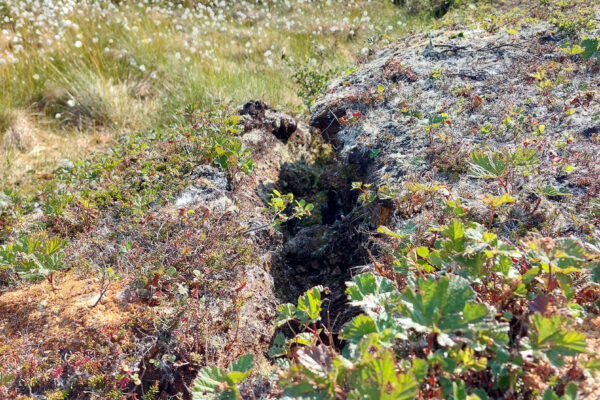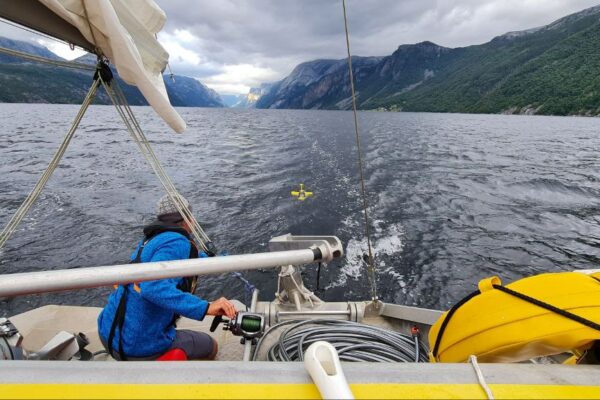Notes from the field, Ferpècle and Mont Miné Glacier, Valais, Switzerland, 2022-2023 2022When I discovered the field on 12 July 2022, I was amazed by the proximity of the Mont Miné Glacier and by the beautiful alluvial zone of Ferpècle. One of our first activities was to hike to the […]
Read MoreFieldnotes
Impressions, anecdotes and experiences from the field. Authors are beneficiaries of SPI funding. The posts present the authors’ reflections of their field experiences.
Dreaming of Fieldwork: Portage Glacier, USA, Summer 2023 – Jane Walden
Sometime last fall, I had a bad dream. I was visiting my field site, Portage Glacier, and checking on the instrumentation that I had – in real life – installed during the summer a couple months prior. In the dream, I took the field computer, plugged in one of the […]
Read MoreLatent Cardiac Arrhythmia in Climbers on Mount Everest – Thomas Pilgrim
Extreme altitude poses exceptional challenges to human physiology. Manifestations of acute mountain sickness, reduced exercise tolerance, and sleep deprivation are well recognized consequences of the hypoxic hypobaric environment. Other sequelae are less apparent but may nevertheless be associated with substantial risk. Sudden cardiac death accounts for the majority of non-traumatic […]
Read MoreFilling the high-Arctic gap in Europe-wide plant re-distributions during the Anthropocene – Sabine Rumpf
In the summer of 2023, the Ecology research group of the University of Basel embarked on a six-week field campaign to re-survey historical vegetation data in Svalbard with the core question of how Arctic and alpine plant distributions respond to environmental change. Scientific background: Arctic and alpine plant responses to […]
Read MoreInvestigating the impact of conductivity variation on stickleback morphology in freshwater lakes of South Greenland – Hanna Rosinger
When the airplane dipped through the white fluff of the clouds and I could see the first icebergs sparkling from the sun in the Fjord of Narsarsuaq, I knew this was going to be a great Greenland field season. The plan was to spend the next four weeks in the […]
Read MoreThe wonders of remote glaciology fieldwork in Greenland – Janneke van Ginkel
Where the world becomes small, your mind becomes larger. For me, this is the effect of camping for two and a half weeks, five kilometres away from the Greenland ice sheet margin. Just two decades ago, this area was buried beneath a blanket of ice; now, it’s a rugged landscape […]
Read MoreInvestigating the Canadian Arctic Ocean: Circulation sources, pathways and timescales – Annabel Payne
The JOIS 2022 expedition into the Beaufort Sea was going to be the trip of my PhD, and the next three years of research hinged on its success. I’m using a suite of different chemical tracers to investigate several ocean processes. We use nuclear waste released from Europe to understand […]
Read MoreInvestigating the roots of methane: how does permafrost thaw alter peatland methane cycling? – Tiia Määttä
Having grown up surrounded by northern peatlands (wet ecosystems that accumulate peat), I greatly respect these unique ecosystems. In old Finnish folklore, peatlands are often depicted as something ominous, mysterious, and dangerous: the dead could be seen guarding their hidden treasures in the ancient peat, diseases could spread from their […]
Read MoreHydro-Kite CTD-probe: field trials in the Alps and in Lyse Fjord – Peter Gallinelli
Oslo, 4 August 2023 Between 2022 and 2023, the University of Applied Sciences of Western Switzerland (HES-SO / HEPIA) has developed a towed CTD probe (conductivity, temperature, depth), of which an advanced prototype is now available.The principle is to carry out successive dive cycles using an autonomous control mechanism, thereby […]
Read More